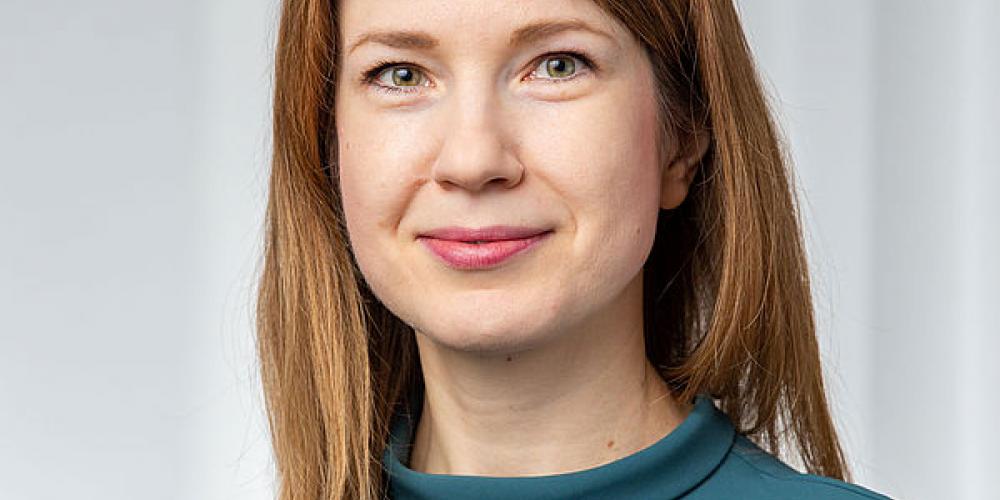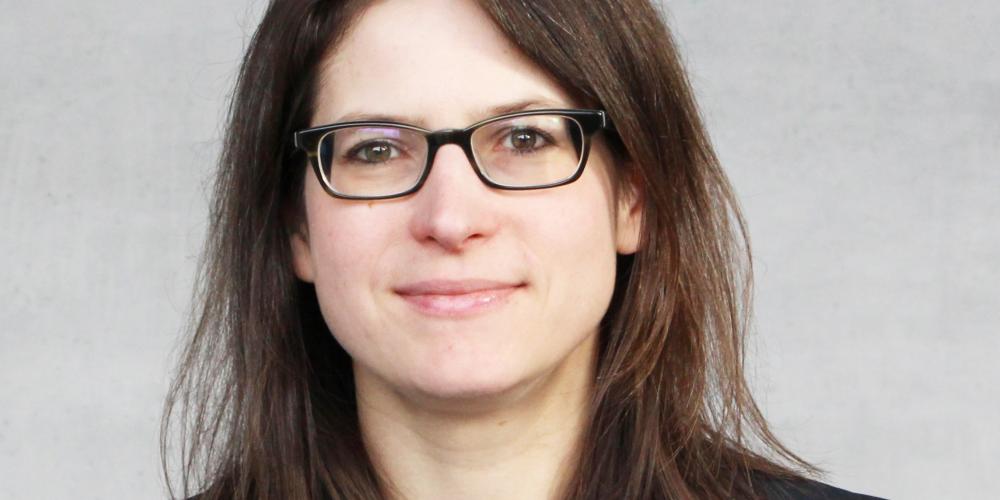Machinery & Plant Engineering
world-leading energy group
Professor Danilov is engaged in empirical human resource management research, as well as the identification of causal relationships of the effect of human resource management tools on employee motivation and productivity. She also conducts research in organizational and human resource economics, in the field of empirical human resource management (HRM), and in the course of this she works with Big Data and People Analytics using machine learning.
- randomized studies (A/B tests) on incentive setting
- work design and employee motivation
- analysis of data (accounting, personnel, etc.)
- "Delegation of decision making and productivity and employee satisfaction" at a world-leading energy company.
Infineon Technologies Austria AG, Durst Phototechnik Digital Technology GmbH, Austria Technologie & Systemtechnik Aktiengesellschaft, ISOVOLTAIC AG, Sappi Europe
Prof. List-Kratochvil and his research group are working on electronic and optoelectronic hybrid components (based on hybrid material systems and organic or hybrid semiconductors), additive resource-efficient deposition techniques (inkjet printing) and in-situ nanostructuring and synthesis methods. By developing and combining novel electro-active materials with appropriate structuring and processing methods applications in the field of sensor technology, photovoltaics and optoelectronics are developed. Based on a wealth of experience, the AG Hybrid Devices can participate in national research projects, within the framework of European funding projects and programs or in direct contract research on the level from from basic research to joint product development.
- Infrastructure for the fabrication and characterization of thin film hybrid semiconductor devices (LEDs, Hybrid PV, Hybrid transistors, sensor devices)
- Inkjet printing method for structured additive deposition of electronic and photonic functional materials
- Electrical, optical and spectroscopic methods for the characterization of electronic and photonic functional materials
- Infineon Technologies Austria AG - Villach, Austria: joint development of inkjet based processes in semiconductor manufacturing and RFID-antenna technologies
- Durst Phototechnik Digital Technology GmbH - Lienz, Austria: joint development of inkjet based processes for printing on glass, consulting on the construction and ramp-up of a central corporate R&D-facility, training of employees
- Austria Technologie & Systemtechnik Aktiengesellschaft – Leoben, Austria: joint development of inkjet based processes for printing components on printed circuit boards
- ISOVOLTAIC AG – Lebring, Austria: joint development of hybrid PV Technologies
- Sappi Europe, Austria: joint development of coating technologies and electronic functionalities in and on paper
local company
Professor Hafner‘s research in Adaptive Systems is concerned with extracting principles of intelligence from biological systems and transferring them to artificial systems. We focus on the transfer of cognitive skills to autonomous robots. The challenge not only lies in building intelligent autonomous robots, but also in gaining insights into biological systems through robot experiments. Our main research themes are sensorimotor learning, internal models for prediction, attentional processes, and spatial cognition. The methodological approaches cover evolutionary algorithms, neural learning, and information theory. We use various types of mobile robots as research platforms, e.g. humanoid, mobile, flying and underwater robots, as well as software simulations. Professor Hafner is IEEE Senior Member and Principal Investigator in several projects funded by the EU.
- Local company for automation and robotics: Student semester project for the development of a collaborative fleet management system for autonomous transport robots.
Prof. Freytag holds the chair of Databases and Information Systems (DBIS). His research interests include all aspects of processing and query optimisation in (object-)relational database systems, developments related to databases (such as semi-structured or graph based data), data quality, big data analyses as well as privacy support in database and information systems. Furthermore, Prof. Freytag is involved in many cooperations using database technology for applications such as geoinformation systems (GIS), bioinformatics, physics and life sciences. In the past, he received the IBM Faculty Award four times for collaborative work concerning databases, middleware, and bioinformatics/life sciences. In 2009 and 2010, Prof. Freytag won the HP Labs Innovation Research Award for his research in the field of databases and cloud computing. He was one of the organisers of the VLDB (Very Large Data Bases) conference in Berlin in 2003, the most important international database conference. From 2001 to 2007, he was a member of the VLDB foundation (VLDB Endowment Inc.). Since 2009, Prof. Freytag has been the spokesperson of the department DBIS of the German Informatics Society (GI).
- Large IBM Server Linux/AIX with DBMS IBM DB2
- Computer cluster with 128 cores
- 30TB storage capacity
- Renowned American IT/DBMS manufacturer: improving existing database management systems (DBMSs) in the area of query optimisation; extending existing ETL tools
- Renowned American IT/DBMS manufacturer: extending DBMS functionality; designing and prototyping performance improvements in query processing; suggestions for future extension of the DBMS products
- Well known German software manufacturer: continuous consulting in the area of database systems, spe-cifically, query processing over several years to improve performance and functionality
- Well known German company: design and implementation of a query processing optimiser for the Lighweight Directory Access Protocol (LDAP) product of this company
- Consulting for various SMEs in Germany in the area of data modeling and process modeling using a state-of-the-art DBMS technology; using DBMS technology within their own products; strategic consulting for a long term use of DBMS technology



